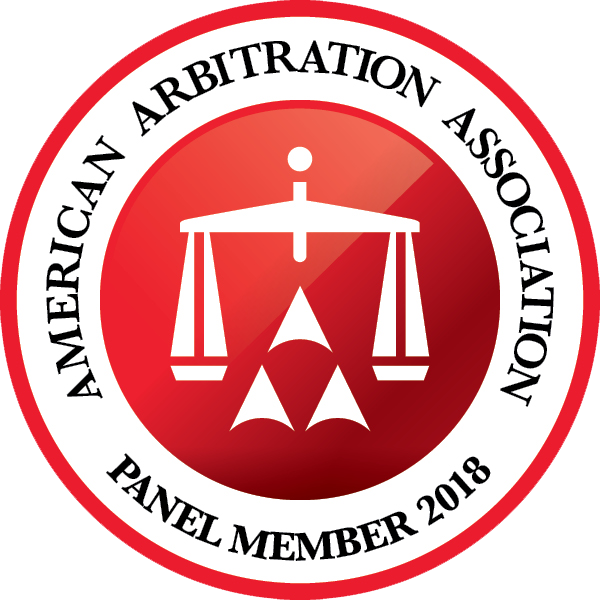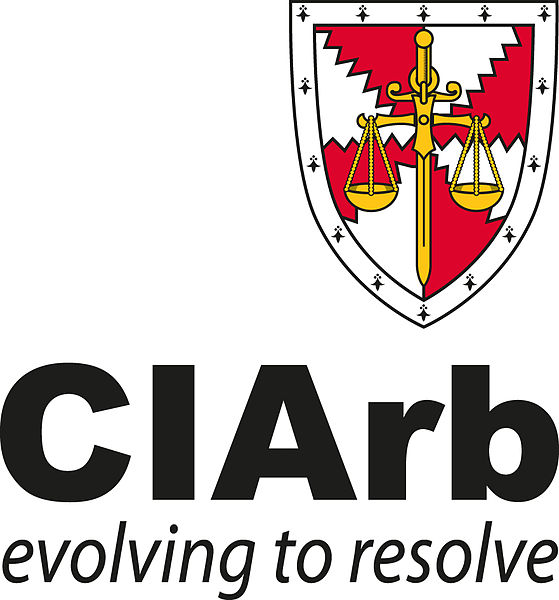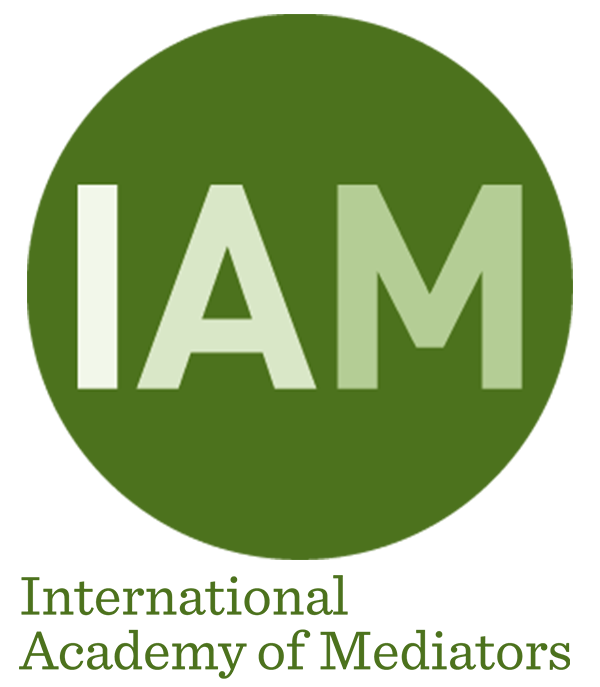To relieve their over burdened dockets, courts regularly attempt to squeeze square pegs into round holes. While access to public institutions, including dispute-resolution mechanisms, is an ideal, resources are not available to achieve this without compromising other client interests, such as timely disposition with its ancillary benefits.
In appropriate cases, parties should weigh the cost of the full range of private dispute-resolution mechanisms against the losses incurred by waiting for access to the limited public options available. The cost of the private dispute resolution mechanisms discussed below is minimal compared with the expenses and client time that will be dissipated by extended litigation.
Counsel’s duty of competent and zealous representation requires discussion of settlement options and the availability of these alternative dispute-resolution mechanisms. What are the costs of delayed resolution, and what options are available privately that are not available publicly?
Litigation typically presents limited remedies. If fully adjudicated, a matter may only be resolved within the narrow parameters permitted by the causes of action available to redress the dispute. Counsel are painfully aware that the problems presented by their clients when they first walk through the door invariably change over time. Markets change, personal and business circumstances are altered, the availability or dissipation of insurance impacts perspectives and passions run their course. A client’s interests are rarely the same when litigation begins and when it reaches its denouement.
While on rare occasions, time works to a client’s benefit, this is generally not the case. Parties (particularly plaintiffs) normally prefer an early resolution or insight into a prospective outcome. This may be especially true if the prospects of a continuing relationship exist between the parties, or where irreparable injury may be involved. The passage of time obviously increases litigation costs and the personal time invested by the parties. If neither attorney fees nor prejudgment interest are recoverable, extended litigation can be a financial disaster.
Recognizing this, parties have increasingly turned to private dispute resolution, often before litigation is commenced. In doing so, however, many counsel are constrained by their lack of familiarity with the panoply of options.
The most common option utilized is mediation. With an increasingly sophisticated corps of professional mediators available to handle the demand, parties may select trained mediators, most of whom have backgrounds in the substantive areas involved in the dispute. Much has been written about the advantages of mediation. The most prominent, of course, is the power of the parties to fashion their own resolution through a facilitated negotiation in a confidential environment. A skilled mediator can assist the parties in communicating with one another regarding their true present interests, thereby transcending the limitations imposed by the rigid nature of litigation remedies.
Mediation affords the flexibility of individual interaction that cannot be found in an adjudicatory environment. For example, a well-timed and artfully delivered apology may yield enormous benefits that are unavailable in a pure adversarial proceeding. By exploring alternative options for resolution, parties may also clarify their goals and the value of certain remedies. Thus, a plaintiff seeking reinstatement in an employment matter may conclude through face-to-face discussions that returning to the workplace may be disadvantageous, or conversely, misunderstandings may be corrected that make an employer more receptive to the employee’s return.
On occasion, parties genuinely require guidance on the likely outcome of their dispute before they can move forward with a potential resolution. They may be prepared to invest tens or hundreds of thousands of dollars in attorney fees and, more importantly, executive time, in resolving an issue. However, both parties may also recognize the potential danger of an adverse public determination.
Several alternatives are available in these circumstances. An Early Neutral Evaluation is a flexible process, especially when conducted privately, by which a neutral case evaluator is retained to facilitate communications between the parties concerning their claims and the supporting evidence, provide an assessment of the merits of the case, identify and clarify the central issues, assist with discovery and motion planning or with an informal exchange of key information and facilitate settlement discussions when requested by the parties.
While settlement is not a formal goal of Early Neutral Evaluation, the process may lead to settlement with the permission of the parties. In one matter in which I was engaged, the parties approached me to serve as a mediator. Upon further inquiry, it was evident that both sides were seeking a determination of which side was correct with regard to certain legal positions. After reaching agreement on format, a one-day confidential process was conducted in which evidence was presented in a narrative fashion, with questions only by the evaluator. After concluding the session, one side wished to enter settlement negotiations, the other preferred to receive an evaluation. Upon receipt of a lengthy written evaluation, company executives met directly and settled the dispute, thereby saving many hundreds of thousands of dollars in attorney fees in what would have been a very public dispute.
Other evaluative alternatives include the summary jury trial or mini trial. These are more formal proceedings, one conducted with and one without, a jury, in which a mock trial is staged so that the parties have an opportunity, usually without full discovery, to test their cases. Such proceedings have been successful in helping parties understand in a relatively cost-effective and expeditious manner the strengths and weaknesses of a case, and to allow the parties “their day in court.” Settlement often ensues.
Many other hybrid processes are available. Med-Arb, for example, involves the parties beginning a mediation with the agreement that failure to achieve a resolution will result in conversion of the process into an arbitration with the same or another neutral. There are potential ethical dilemmas created by commencing a process (mediation) designed to encourage the exchange of confidential information that might later be converted into an adjudicatory process with the same neutral. But with appropriate waivers and full disclosure, some neutrals and parties are willing to engage in such a process.
Parties rarely discuss arbitration as an option unless they have a pre-existing agreement. However, one can certainly imagine circumstances in which it would be advantageous to arbitrate some or all of the issues in dispute. Parameters can be set for such a proceeding, including a high-low recovery or a “baseball”-style proceeding in which the parties make their best offers to one another with the knowledge that failure to accept will result in an arbitration in which the only choice available to the arbitrators is one of these positions. Such an approach encourages good faith negotiations.
The lesson is not to feel constrained by conventional dispute resolution or adjudicatory systems. Cooperative counsel and capable neutrals should be flexible enough to fashion mechanisms to resolve disputes in a manner that meets the best interests of the parties. While some fear displaying “weakness,” counsel rarely pay a price for intelligence and acting in the best interests of their clients.
Reprinted with the Permission of the Daily Journal Corp. (2008)











